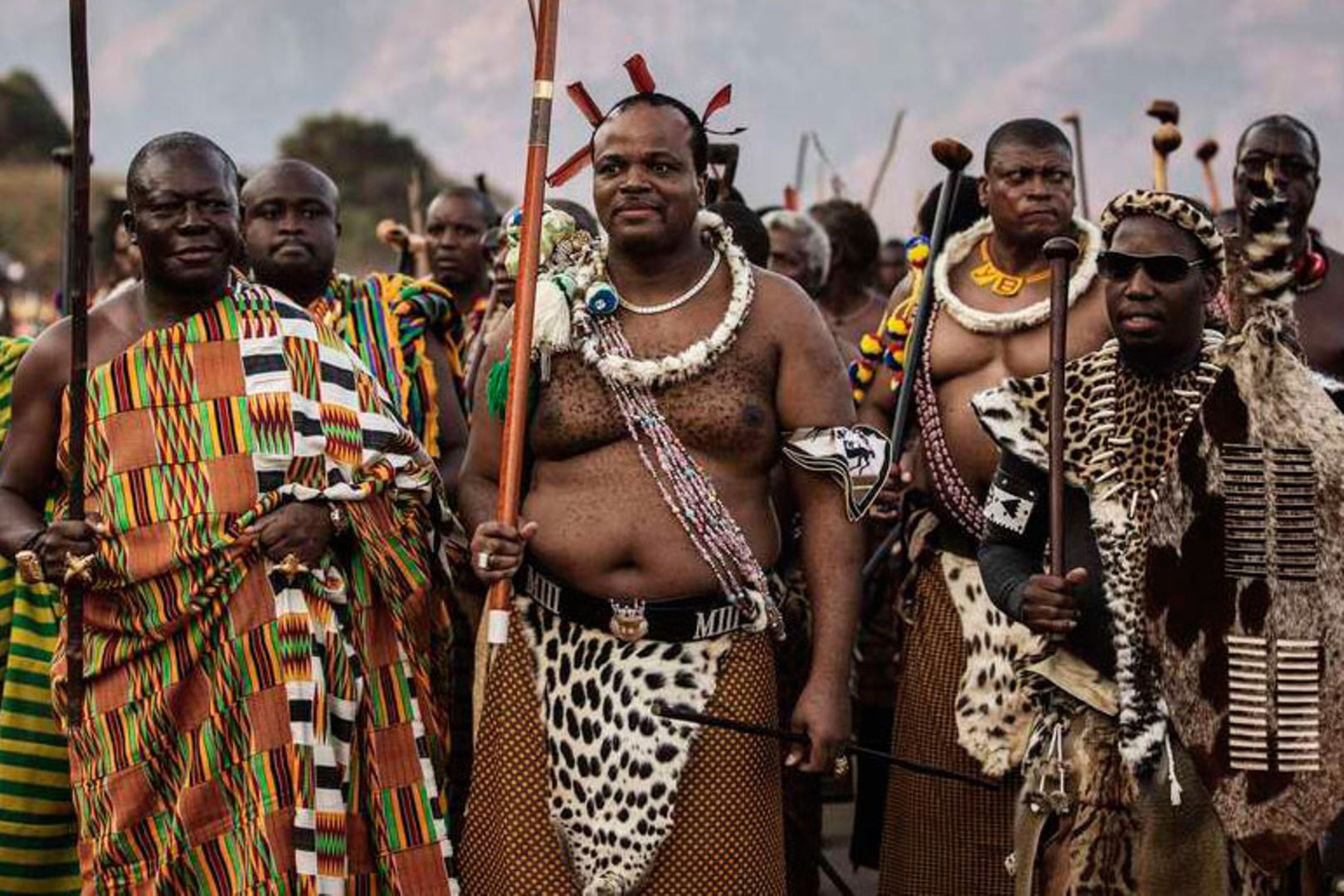- Since 2000, the tiny country has been excluded from conversations between leaders and dignitaries from the People’s Republic of China and other African countries.
- The youthful country is also the only African country that still embraces absolute monarchy.
Following the fast-approaching Forum on China-Africa Cooperation (FOCAC) summit set for September 4th to 6th, African States have braced for the constructive forum. However, eSwatini has not received an invitation to the conference.
FOCAC has seen the establishment of major projects like the Belt and Road Global Infrastructure (BRI) initiative. The initiative has erupted mixed reactions, with nays labelling its debt arrangement a burden on African countries.
eSwatini, formerly Swaziland, does not have diplomatic relations with China, courtesy of its preferred ties with Taiwan for diplomatic and political morality.
Since 2000, the tiny country has been excluded from conversations between leaders and dignitaries from the People’s Republic of China and other African countries.
Aside from being among the poorest countries in Africa, the country struggles with a couple of drawbacks, such as high AIDS prevalence as twenty-eight per cent (28%) of the adult population is HIV-positive, and a low life expectancy of 54 years for men and 60 years for women.
Read More
The youthful country is also the only African country that still embraces absolute monarchy.
This land of solitude has been aware of its economic impairment and has tried to stay afloat as its currency (Swazi lilangeni) is pegged to the South African rand.
Nevertheless, the landlocked country has not entirely abandoned diplomatic cooperation, as it enjoys memberships in the Southern African Customs Union, Common Market for Eastern and Southern Africa, Southern African Development Community, the African Union (AU), the Common Wealth of Nations, and the United Nations.
eSwatini additionally boasts longstanding trade partnerships with neighboring South Africa, and overseas trade partnerships with the United States of America (USA), and the European Union.
eSwatini has successfully ignored the norms of neighboring countries, from refusing to adopt liberal democracy, to being very selective about who the country trusts in diplomatic relationships.
The "elephant in the room" can only be addressed with a series of questions, such as, Had the country considered China over Taiwan, would that have been a step out of poverty? How does the populace feel about the absolute monarchy system? What measures are in place to ensure the AIDS numbers are in check? Are the available resources adequately and extensively utilized to maximize output?










